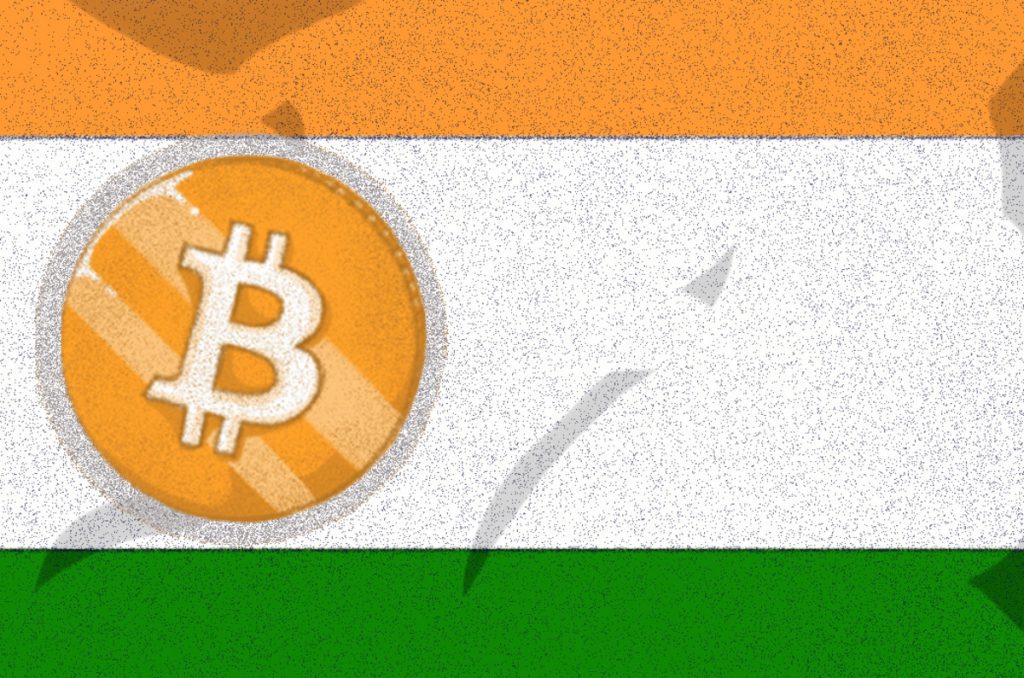Indian founders working on bitcoin exchanges and traders face a whole gamut of questions every day, ranging from “Will I be arrested?” to “Will my company be shut down?” to “Will my bank accounts be frozen?” Understanding the country’s regulations and navigating the legal roller coaster can be tricky. To illustrate, the following timeline of events pertaining to the country’s stance on regulating bitcoin from the past couple of years is revealing.
In 2018, the Reserve Bank of India (RBI) announced to all its regulated entities, including banks, to cease services to individuals and businesses dealing with bitcoin and other virtual currencies. Following this, in October 2018, the founders of Unocoin were arrested by the Central Crime Branch (CCB) for setting up a kiosk in a mall. The kiosk allowed cash deposits in exchange for bitcoin. Calling it a Bitcoin “ATM” sparked confusion as ATMs need a banking regulator’s approval.
Unocoin’s founders and others working in the space fought long and hard. After fighting the case for more than two years, on February 19, 2021, following a Supreme Court decision, the Karnataka High Court declared the First Information Report (FIR) against them invalid. Recounting his experience, Sathvik Vishwanath, Unocoin’s CEO, said, “This legal mishap was no less than a war and having cleared our stance feels like attaining victory.”
What appeared to be a significant sign of progress came in the form of RBI’s circular, on May 31, 2021, to regulated entities altering its aforementioned 2018 stance. The new circular asked the banks to no longer caution customers dealing with bitcoin and other cryptocurrencies.
Shortly after, on June 11, 2021, WazirX, a leading bitcoin exchange in India, received a show-cause notice from The Enforcement Directorate. For transactions worth $380 million, the directors of WazirX received the notice under the Foreign Exchange Management Act (FEMA). To this day, Nischal Shetty, the founder of WazirX, has been tweeting every single day for 1086 days urging authorities to notice bitcoin and legalize the movement.
However, a lot has changed between those two incidents. While the arrests of Unocoin founders were due to a lack of understanding, the show-cause notice sent to WazirX displayed a much better understanding — the nuanced articulation of issues with transaction details and AML/KYC processes by the government officials showed promise. Recently, news that RBI may launch a digital rupee trial program by December demonstrates that the government is taking significant steps to not only understand bitcoin but also create its own central bank digital currency (CBDC).
That said, if you zoom out and observe, there’s a common thread that runs all along these instances — the Indian government’s disdain for lack of control. This is evident from WazirX’s show-cause notice citing the inability to audit transactions, and the dissatisfaction with the due diligence processes stating lack of physical verification. In fact, India has a long history that depicts their characteristic disdain. But, where it is most obvious is how India’s new social regulations want social media apps to break encryption and trace chats, whichs directly violates people’s right to privacy. In response to these regulations, WhatsApp sued the Indian government over new privacy rules.
In February 2021, Twitter had to block 500+ accounts and remove nearly 1,178 others for tweeting about farmers’ protests. In April, Facebook, Instagram, and Twitter were asked to take down nearly 100 posts that included opposition politicians calling for the prime minister of the country, Narenda Modi, to resign. In May, Twitter received a notice of noncompliance and was asked to take down critical content about the government’s response to coronavirus. Twitter executives were directly under fire by Modi’s government as they potentially faced up to seven years of imprisonment. The situation was so intense that the police in Delhi visited Twitter offices citing concerns over “manipulated media.” The trend only seems to escalate.
And last year, 267 Chinese apps — including TikTok, WeChat, AliExpress, Baidu and Meitu — were banned by the Indian government. It was claimed that they engaged in activities that threatened the national security and integrity of India.
Regulating social media, banning apps, and tracing chats are directly in stark contrast with bitcoin’s fundamental ethos — decentralization of power, freedom, and privacy. While RBI’s recent circular and CBDC plans come across as a beacon of light, there still appears to be a long journey ahead from the current legal ambiguity in India to a stable promised land for bitcoin to flourish.
But, that is all the more reason for the bitcoin community to toughen up and champion the movement with relentless focus. The change in regulation is not merely a legal battle but a war between two ideologies — centralized authority with control, versus decentralization of power. And it is not going to be easy to win this one. As Mahatma Gandhi says, “First they ignore you, then they laugh at you, then they fight you, and then you win.”
In the case of India, while the government may take its due time forming its regulation around bitcoin, the public needs to note that it is not technically, socially, or politically feasible to ban bitcoin in India. Moreover, curbing bitcoin could only mean the country losing trillions in gross domestic product growth.
On the contrary, a country with 410 million recently-minted Internet users has much to gain from legalizing bitcoin. Balaji’s “Why India Should Buy Bitcoin” is a great primer on how India adopting bitcoin would strengthen the country on multiple facets — economy, technology, foreign policy, national security, global exports, and capital.
This is a guest post by Sunil Tej. Opinions expressed are entirely their own and do not necessarily reflect those of BTC, Inc. or Bitcoin Magazine.


